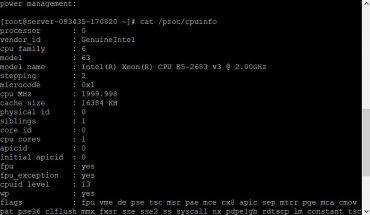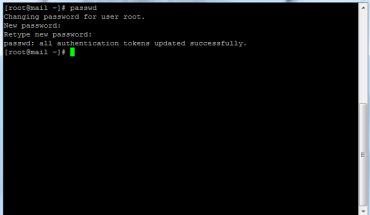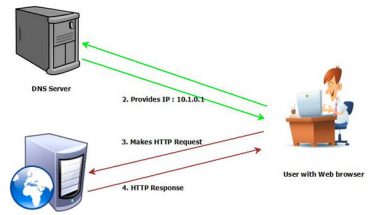 A virtual private server (VPS), the non-technically affable man has to imagine how a large villa (the hardware server), which is divided and divided into several apartments (virtual servers).
A virtual private server (VPS), the non-technically affable man has to imagine how a large villa (the hardware server), which is divided and divided into several apartments (virtual servers).
Just as every apartment has its own door bell, mailbox and also sanitary facilities (basic equipment), each virtual server has its own operating system and all virtual servers (apartments) share a host system . So in short, it is liken to an apartment complex in which a website lives inside of one of its units.
Through this division, including the own operating system, it is also possible to keep different, independent operating systems (VPS) online on a hardware server in parallel. These VPSs are independent of each other so that access from one server to the data of another server is typically not possible, thus ensuring a security equivalent to that of the stand-alone servers.
Another advantage of VPS hosting is that they are no longer bound to a hardware platform. This makes it possible to “move” a running guest system from one hard-ware server to another, even during operation. This makes it possible to expand or upgrade the hardware platform practically during operation without any noticeable downtime (downtime of ~ 1 second). Even a hardware problem (assuming existing replacement capacities provided) does not lead to longer sustained downtime because the VPS can be restarted quickly on another hardware.




